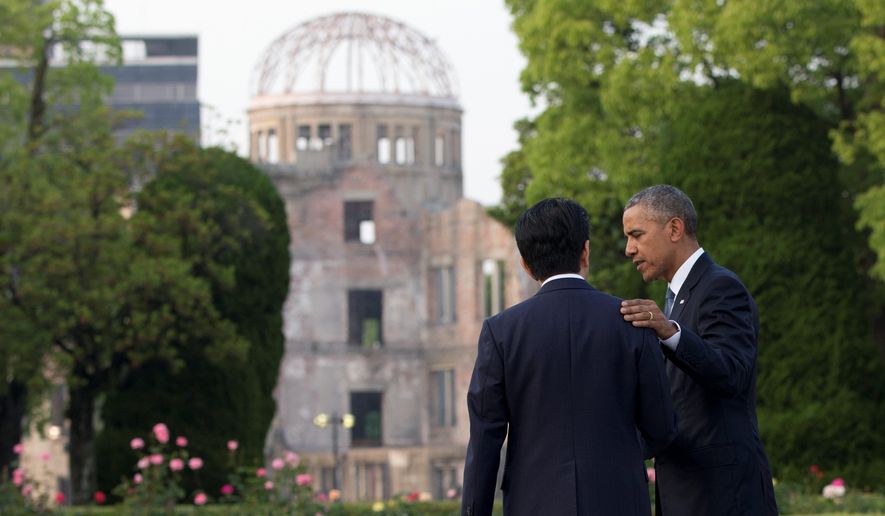Presidential Candidate Clinton: Can She Shatter the Current Government?
This may be the main issue weighing on Hillary Clinton, the official nominee of the Democratic Party for the next president of the United States.
Clinton was forced into an unexpected struggle with Sen. Bernie Sanders, who called for a political revolution. Sanders was supported mostly by young voters who had grown increasingly discontent with the inequalities rooted in U.S. society.
A crack has opened in the Democratic voter base because of the primaries. In order to reunite it, Clinton must incorporate Sanders’ demands.
Clinton has served successively as first lady, senator, then secretary of state, and is seen by the Sanders voter base as the very personification of the current government’s close relations to the wealthy and big business. The question of whether she can shatter this image is now being thrust upon her.
The answer is clear, judging from the promises she’s made in her campaign. In order to fight inequality, she plans to combat the greed of Wall Street by imposing taxes on financial transactions. Her plans to increase the minimum wage and make community college tuition-free were also most likely influenced by Sanders' demands.
Adding to that, Clinton aims to strengthen gun control and boost renewable energy generation by 50 percent, finding value in Sanders’ radical progressiveness.
On the other hand, her antagonism with respect to Republican Party candidate Donald Trump stands out. She rejects his complaints about eliminating discrimination, as well as his plan to build a wall along the U.S.-Mexico border. She’s also against an overly self-centered foreign policy and the idea of leaving the North Atlantic Treaty Organization, having announced her desire to strengthen relations with countries in the Asia-Pacific region including Japan, Australia, and Thailand.
With regard to U.S.-Japan relations, Trump declared that he wanted to rethink the U.S.-Japan Security Treaty, whereas Clinton gave it special mention and stated that she “plans to fulfill this historical obligation.”* The difference between the two is as clear as day.
However, there is no established right or wrong yet on the pending issue of the Trans-Pacific Partnership. Clinton opposes Trump on some points, such as raising employment and wages, as well as trade agreements she doesn't want to give up on with respect to the Security Treaty, but in general her thoughts don't seem to differ too greatly from the Trump camp.
We can say the presidential election is split between two extremes: Trump with his radical and exclusionist personality, and Clinton with her liberalness and diversity. More important than that though, we must not overlook how the Democratic and Republican parties are ripping a fissure in society, without heeding the many voices of U.S. citizens.
The current government met strong opposition in the primaries. What move will it make in the election itself? It may be a significant crossroad for the United States.
*Editor’s note: The original quotation, accurately translated, could not be verified.

